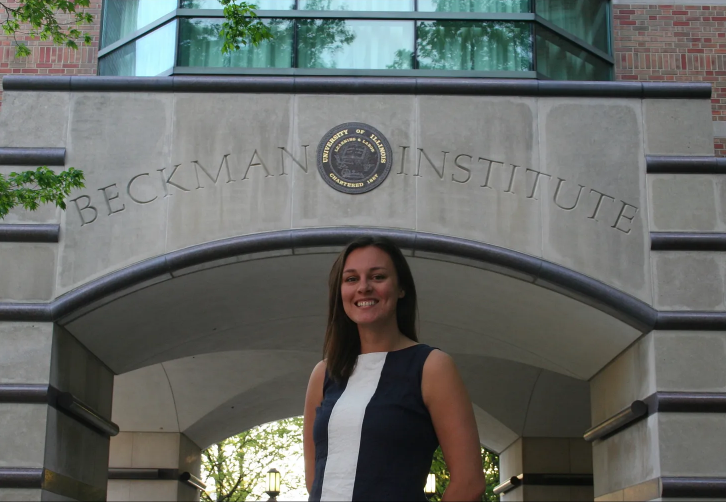
How States Can Move Toward Healthy Aging
This post was written by Harry Margolis, a new contributor to the Squared Away Blog.
On my Risking Old Age in America podcast, I discuss healthy aging with Taylor Jansen of the Healthy Aging Data Reports Lab at the University of Massachusetts Boston. They produce studies on the factors contributing to healthy aging in Massachusetts, Connecticut, New Hampshire, Rhode Island, Mississippi, and Wyoming.
The reports measure both the health of older residents of the six states and the factors that contribute to their healthy (or unhealthy) aging with the goal of helping communities foster better health among their seniors.

Urban vs. Rural
Jansen points out that the six states have significantly different patterns of healthy aging. Some states are more urban and others more rural, and face different challenges as a result. For instance, in Massachusetts, by and large seniors who live in urban areas are less healthy than those in suburban and rural areas. In contrast, in Mississippi, the Delta area is largely rural, but also poor and seniors experience poor health.
“There’s definitely a correlation between health and wealth,” Jansen says.
Age Friendly Communities
Jansen also explains that Massachusetts has made a special effort to encourage healthy aging in part by becoming an “Age Friendly” state, a designation created by the World Health Organization. The goal is to permit seniors to continue to live in the community as they age, which surveys find is what 90 percent of older adults want. On the community level, this means adapting services to be accessible to everyone no matter their age or disability.
Easing the Elder Care Crunch
Jansen points out that given the growing number of older seniors, care needs are going to rise dramatically and we don’t have the infrastructure to care for them in institutional settings such as nursing homes and assisted living facilities. The only way to meet the growing need is to help seniors continue to live at home, which is the goal of both the Healthy Aging Data Reports and the Age Friendly communities.
Stay Socially Involved
On an individual level, Jansen says the most important step seniors can take to stay healthy and continue living in their homes is to stay socially involved. Research, she says, shows that the quality and quantity of social ties is the most significant factor in terms of healthy aging and staying independent.
For more from Harry Margolis, check out his Risking Old Age in America blog and podcast. He also answers consumer estate planning questions at AskHarry.info. To stay current on the Squared Away blog, join our free email list. You’ll receive just one email each week.






